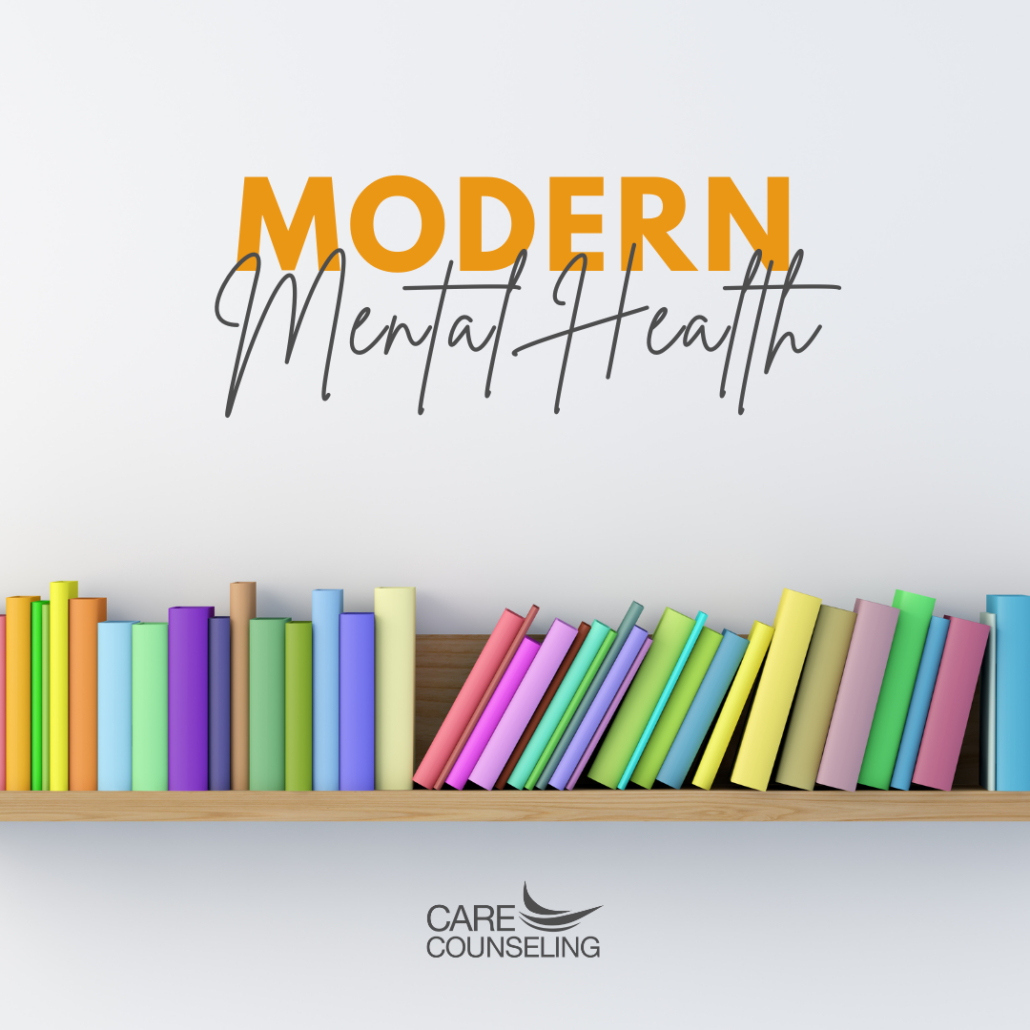 Care options for mental illness have changed significantly over the centuries but the effects of harmful practices contribute to mistrust and stigma of seeking mental health treatment. The American Psychological Association (APA) which has been in existence since the late 1800s recently issued an apology-for-systemic-racism. The APA acknowledged not only their own role but also the role that psychology has played in systemically causing harm to persons of color over the decades within their policy statement.
Care options for mental illness have changed significantly over the centuries but the effects of harmful practices contribute to mistrust and stigma of seeking mental health treatment. The American Psychological Association (APA) which has been in existence since the late 1800s recently issued an apology-for-systemic-racism. The APA acknowledged not only their own role but also the role that psychology has played in systemically causing harm to persons of color over the decades within their policy statement.
Treatment approaches for areas such as schizophrenia, autism, and psychosis have come of long way from early treatments for mental-illness, especially with advances in psychotropic medication, evidence-based therapeutic treatments, and moving away from deinstitutionalization. Yet, the impact of inhumane practices impact generations whose relatives were sent to prisons or insane asylums, where the use of isolation and overcrowding were common. Biased opinions that mental illnesses were caused by demon possession [common during the Middle Ages], moral issues, or brain damage have led to harmful and unethical practices. Today, we understand that biological, psychological, and social-environmental factors contribute to what-causes-mental-illness. Genetics, personality, social learning, one’s environment, stressors/ trauma, patterns of substance use, and personal habits are all considered to be risk factors.
Since the early 1900’s, with the founding of psychoanalysis, Sigmund-Freud (1856 to 1939) laid the groundwork for modern psychology and therapeutic techniques as part of “talk therapy”. Since then, many different types of therapeutic approaches have evolved such as psychodynamic, cognitive-behavioral, person-centered, feminist therapy, family systems therapy, and multicultural therapy. Click here for a comprehensive list: https://www.psychologytoday.com/us/types-of-therapy
Mental health in the 21st Century is defined by the World Health Organization (WHO) as “a state of well-being in which every individual realizes his or her own potential and can cope with the normal stresses of life”. That is incredibly validating! You are not “crazy” if you talk to a therapist. We could all benefit from talking to someone to help process stressful events to help function better at home, school, and in relationships.
Prevention is the best medicine as early treatment leads to better outcomes. If you struggle with a more severe or persistent form of mental illness, there are advances in options and supports. The mental health system is not perfect; there is still a lot of work to be done. I am excited about the APA’s commitment to dismantling racism in society and to work towards combatting inequality in healthcare.
Written By: Charlotte Johnson, MA, LPCC
We’re Here to help
Our wellness experts will be happy to take care of you. You can CLICK HERE to schedule an appointment now or call (612)223-8898.
Meet Clinicians
We’re united by our commitment to providing effective, relevant, and innovative mental health support at all stages of your journey. Click Here to find out more about who we are, where we come from, and how we live out CARE’s mission every day.
The professionals at CARE are actively collecting and creating resources to help with what you need. We’re Here for You.



